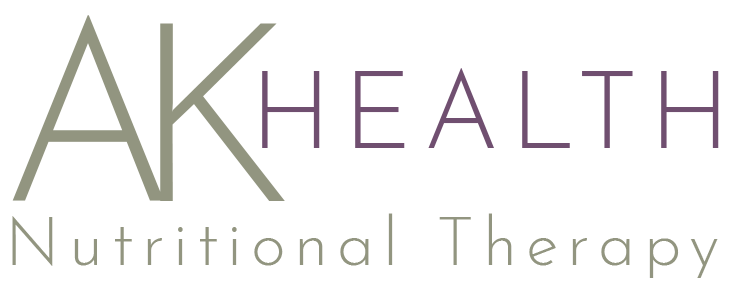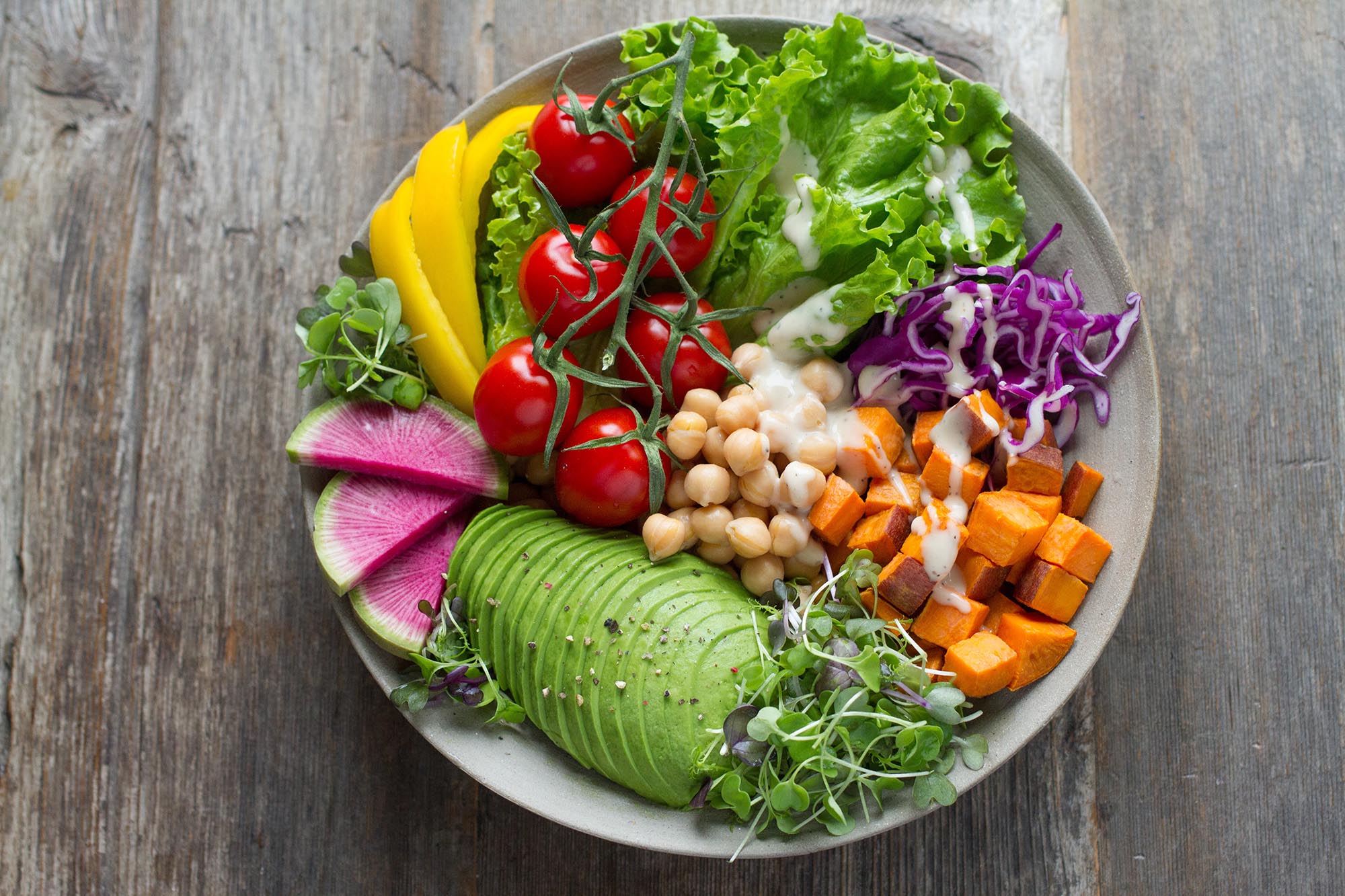Want to bulletproof your immunity and support your thyroid? You need to stockpile your natural antioxidants! When you supercharge this “antioxidant potential” you give your immune system and your thyroid a real boost. And, if you’re wondering ‘where have I heard about antioxidants before?’ They are the things skincare companies tell you their anti-ageing moisturisers are full of – so double win.
Why are antioxidants important for our immune system?
Viruses and bacteria produce oxidants, which are reactive forms of oxygen that damage cells and age you faster. Simply, they are bad news. We’re also getting exposed to oxidants if we have an autoimmune condition (such as Hashimoto’s thyroiditis), if we frequently eat chargrilled/ blackened foods or breathe polluted air, or maybe we have not had a very varied diet over the years. Where you can end up, is a situation in which you have too many oxidants and not enough antioxidants.
Revving up your antioxidant status at times like these is a really good idea. While vitamin C seems to get all the praise when it comes to immunity, there’s another molecule that is the under-recognised supporting actor who deserves the starring role – glutathione.
Glutathione – the master antioxidant
Glutathione is one of the most important molecules in the body – almost like a magic elixir of health. Too little of it and you are at risk of developing one of the most feared health conditions facing us today, including stroke, Alzheimer’s disease, and heart disease.
But when levels are adequate or high, that’s when the magic happens. You are not only likely to have protection from the conditions above, but you are also increasing your chances to have amazing energy, glowing skin, healthy detoxification, strong heart and brain function. Glutathione has also been identified as one of the key nutrients to lower the autoimmune reactivity in conditions such as Hashimoto’s thyroiditis by lowering inflammation in the thyroid gland and promoting a reduction in TPO antibodies.
Glutathione is made up of three amino acids called cysteine, glycine, and glutamic acid (or glutamate). Research shows that glutathione primes the white blood cells of the immune system and helps them produce more infection-fighting substances so they can control both bacterial and viral infections.
Foods to increase glutathione
Eating the right foods to naturally increase glutathione can help keep you fighting fit. There are a small number of foods that naturally contain glutathione.
These include:
- Asparagus
- Avocado
- Okra
- Cabbage
- Brussels sprouts
- Spinach
- Broccoli
- Garlic
- Onions
- Papaya
- Tomatoes
- Cucumber
- Walnuts
Have you been avoiding cruciferous vegetables, such as broccoli, brussel sprouts or cabbage, because you were told that they could damage your thyroid? Here are the good news – studies have shown that cruciferous vegetables may be beneficial to your thyroid function, so – enjoy your broccoli and cabbages, especially now that they are in season!
Some other foods contain the building blocks needed to make glutathione (they are the pre-cursors – the warm-up act); these are foods containing cysteine and other sulphur-containing foods, and selenium.
Good foods to choose are onions, spring onions, shallots, leeks, kale, bok choy, rocket, spring greens, watercress and radishes. Some spices, such as turmeric, cinnamon and cardamom, have compounds that can also help to restore healthy levels of glutathione and its antioxidant enzymes.
Alpha Lipoic Acid – Glutathione’s reloader
Alpha lipoic acid (also called ALA) is a critical co-enzyme that helps recycle many antioxidants, including vitamin C, E and also glutathione. It is well known for its anti-ageing effects on our cell’s energy factories, the mitochondria.
Good food sources of ALA include:
- Organ meats
- Beef
- Brewer’s yeast
- Broccoli
- Spinach
- Brussels sprouts
- Peas
- Tomatoes
Selenium – a building block of antioxidants
Selenium is an important trace mineral with antioxidant effects, including providing a building block to the production of glutathione. Studies have shown that selenium may reduce oxidative stress by increasing the body’s antioxidant capacity and glutathione production. Selenium is also an extremely important nutrient for thyroid function as it supports the conversion from the inactive thyroid hormone T4 to the active thyroid hormone T3.
Good dietary sources of selenium include:
- Seafood
- Oysters
- Brazil nuts
- Eggs
- Mushrooms
- Whole grains
- Organ meats
- Dairy products
Does your diet provide you with sufficient antioxidants to support your immune system and your thyroid? Are you finding it challenging to prepare meals or find recipes that include the foods mentioned above? Why not get in touch?
References:
Park S, Karunakaran U, Jeoung NH, Jeon JH, Lee IK. Physiological effect and therapeutic application of alpha lipoic acid. Curr Med Chem. 2014;21(32):3636-45. doi: 10.2174/0929867321666140706141806. PMID: 25005184.
Wu G, Fang YZ, Yang S, Lupton JR, Turner ND. Glutathione metabolism and its implications for health. J Nutr. 2004 Mar;134(3):489-92. doi: 10.1093/jn/134.3.489. PMID: 14988435.
Rodrigues C, Percival SS. Immunomodulatory Effects of Glutathione, Garlic Derivatives, and Hydrogen Sulfide. Nutrients. 2019 Jan 30;11(2):295. doi: 10.3390/nu11020295. PMID: 30704060; PMCID: PMC6412746.
Zhao RR, Xu F, Xu XC, Tan GJ, Liu LM, Wu N, Zhang WZ, Liu JX. Effects of alpha-lipoic acid on spatial learning and memory, oxidative stress, and central cholinergic system in a rat model of vascular dementia. Neurosci Lett. 2015 Feb 5;587:113-9. doi: 10.1016/j.neulet.2014.12.037. Epub 2014 Dec 19. PMID: 25534501.
Packer L, Witt EH, Tritschler HJ. alpha-Lipoic acid as a biological antioxidant. Free Radic Biol Med. 1995 Aug;19(2):227-50. doi: 10.1016/0891-5849(95)00017-r. PMID: 7649494.
Kiełczykowska M, Kocot J, Paździor M, Musik I. Selenium – a fascinating antioxidant of protective properties. Adv Clin Exp Med. 2018 Feb;27(2):245-255. doi: 10.17219/acem/67222. PMID: 29521069.
Hu S, Rayman MP. Multiple Nutritional Factors and the Risk of Hashimoto’s Thyroiditis. Thyroid. 2017 May;27(5):597-610. doi: 10.1089/thy.2016.0635. Epub 2017 Apr 6. PMID: 28290237.
Tadi K, Chang Y, Ashok BT, Chen Y, Moscatello A, Schaefer SD, Schantz SP, Policastro AJ, Geliebter J, Tiwari RK. 3,3′-Diindolylmethane, a cruciferous vegetable derived synthetic anti-proliferative compound in thyroid disease. Biochem Biophys Res Commun. 2005 Nov 25;337(3):1019-25. doi: 10.1016/j.bbrc.2005.09.143. Epub 2005 Oct 3. PMID: 16219298.


